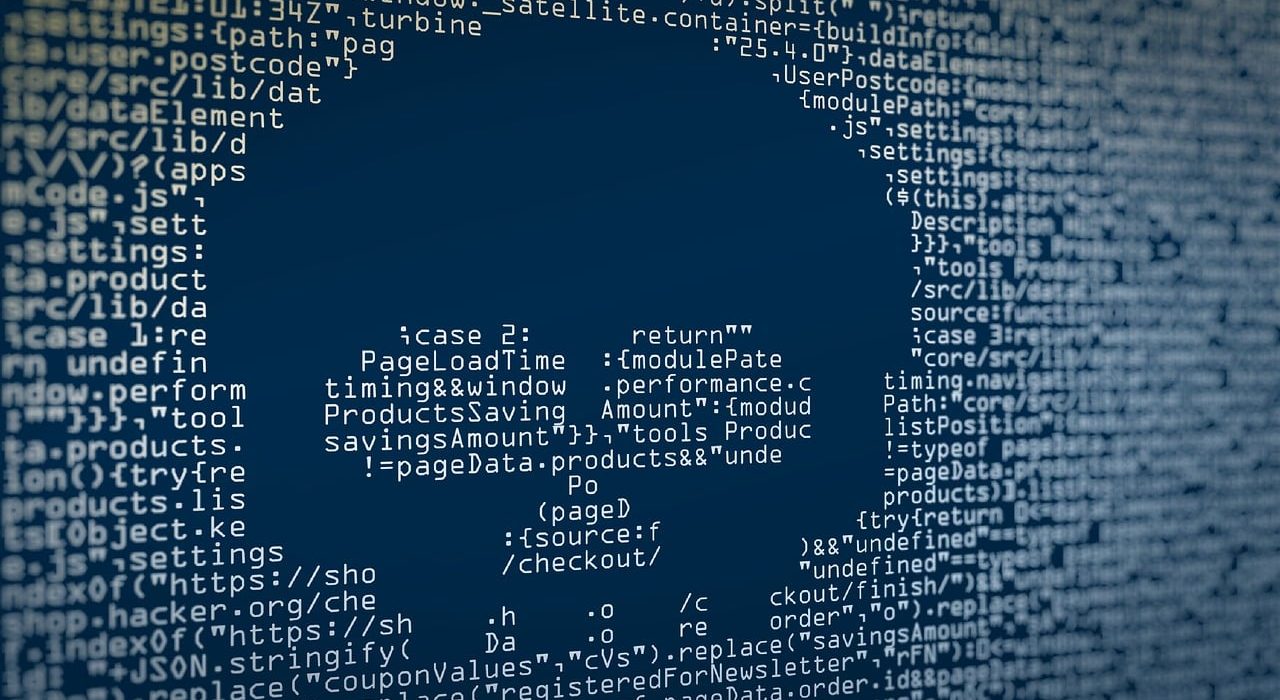Zero-Click Attacks: A Silent, Global Threat
In an age where smartphones and connected devices are part of daily life, the threat of cyberattacks has evolved far beyond suspicious links or phishing emails. One of the most concerning trends in 2025 is the rise of zero-click attacks—stealthy breaches that require no user interaction at all. Unlike traditional attacks, a zero-click exploit can compromise a device simply by sending a message or triggering a hidden vulnerability in an app or operating system. The user doesn’t even need to open or click anything. These highly sophisticated exploits were once reserved for high-value targets- journalists, politicians, or executives, but are now becoming more widespread as the market for such tools grows. Recent cases have involved platforms like TikTok, and global headlines recall the Pegasus spyware scandal, where devices belonging to journalists and heads of state were compromised via zero-click techniques. The danger is real, transnational, and increasingly difficult to detect.Cybersecurity Is Global—So Is the Communication Challenge
As these threats cross borders, so too must the response. Cybersecurity teams are now more international than ever, comprising researchers in Europe, forensic analysts in Asia, incident responders in North America, and regulators across multiple jurisdictions. But when threat intelligence, incident reports, malware analyses, and internal communications are trapped in a single language, the risk of misunderstanding or delay increases. The speed at which a breach is contained can mean the difference between mitigation and catastrophe.The voice you are hearing is AI generated
Where VEQTA Comes In: Translating for Cyber Defense
At VEQTA Translations, we support global cybersecurity operations with professional, secure, and accurate translation services tailored specifically for the cybersecurity industry. We translate critical materials such as:- Threat intelligence reports and whitepapers
- Breach notifications and regulatory compliance documents
- Technical documentation for antivirus or endpoint protection platforms
- Employee training and cybersecurity awareness programs
- Internal communications and response protocols across multilingual teams
Why Translation in Cybersecurity Requires Specialized Expertise
Cybersecurity translation is not general IT translation. It requires an understanding of rapidly evolving terminology, acronyms, and technical jargon. Terms like “exploit chains,” “command-and-control servers,” and “zero-day vulnerabilities” must be rendered with precision—not only linguistically, but also contextually. VEQTA works only with native-speaking linguists who have experience or training in cybersecurity, ensuring accuracy and clarity in every translated document. In addition, we operate under strict confidentiality agreements and TQM (Total Quality Management)-aligned workflows to protect sensitive information.A Multilingual Shield in a Connected World
Whether you’re rolling out a global cybersecurity training program or coordinating with regulators across Asia and Europe following a breach, multilingual communication is not optional-it’s critical. As zero-click attacks become more prevalent, so does the need for seamless, secure, and professional translation support. Partner with VEQTA Translations to keep your cybersecurity communications clear, compliant, and confidential-across any language.The voice you are hearing is AI generated


